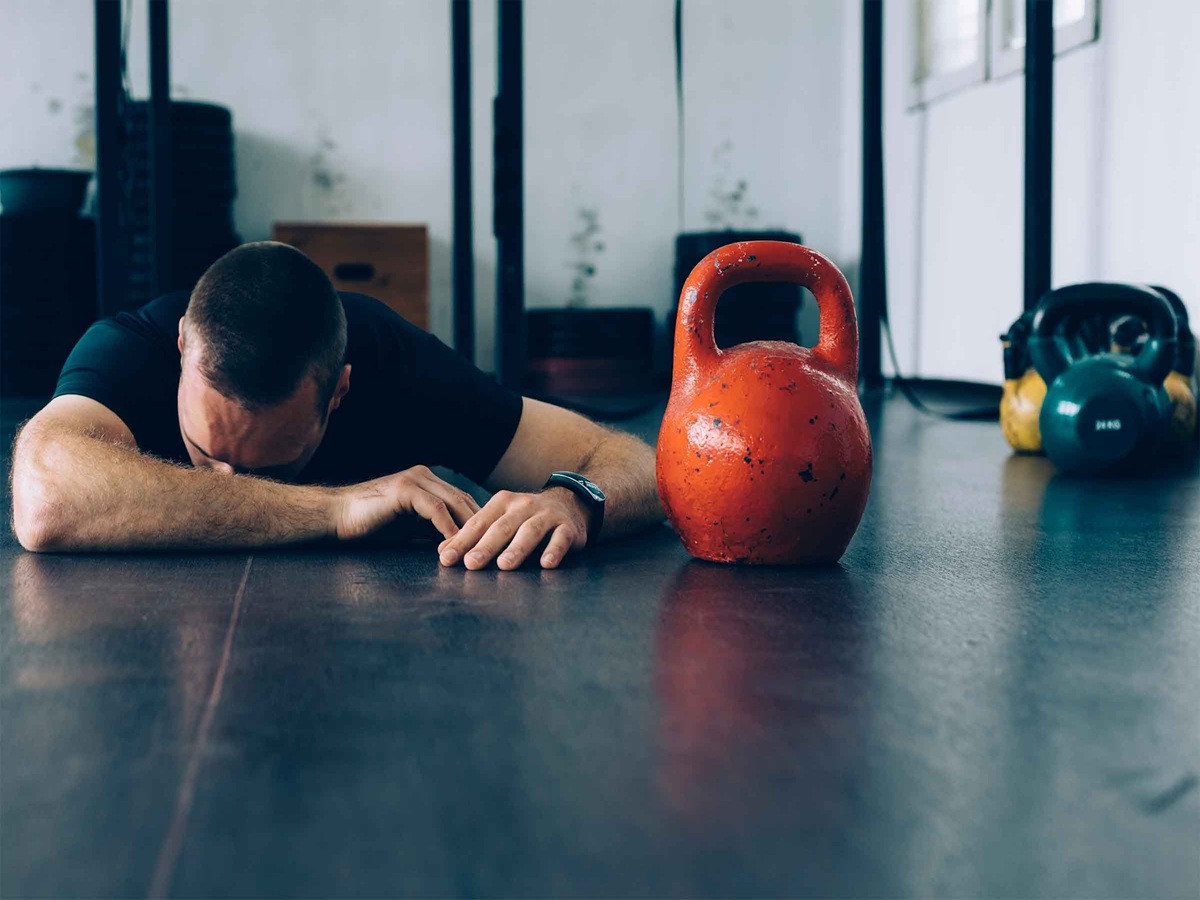
Suspense Crime, Digital Desk : We all know the feeling of wanting to stick to our fitness routine. The "no days off" mentality can be motivating, but sometimes, the most beneficial thing you can do for your health is to take a rest day. Pushing through when your body is sending clear warning signs can not only stall your progress but also lead to serious health complications.
Before you grab your gym bag, listen to your body. If you're experiencing any of these five conditions, it's a clear sign to stay home, rest, and recover.
1. You Have a Fever
A fever is your body's emergency response to fighting an infection. Your internal temperature rises as your immune system works overtime. Adding the physical stress of a workout forces your body to fight a war on two fronts. This can raise your body temperature to dangerous levels, increase your risk of dehydration, and put immense strain on your heart, potentially leading to conditions like myocarditis (inflammation of the heart muscle).
2. You're Dealing with a Stomach Bug
If you're suffering from symptoms like diarrhea or vomiting, the gym should be the last place on your mind. These conditions lead to significant fluid loss, and exercising will only accelerate dehydration, which can be dangerous. Furthermore, stomach bugs are often highly contagious, and you risk spreading the illness to everyone else at the gym.
3. You Have a Widespread Infection (Like the Flu)
If your symptoms are "below the neck"—meaning you have body aches, chest congestion, a hacking cough, or an upset stomach—it's a definite no-go. Your body needs all its energy to combat the virus or bacteria. Exercising will only weaken your immune response, potentially making you sicker for longer. The "neck check" is a good rule of thumb: a mild sniffle is one thing, but a full-body illness requires full rest.
4. You're Completely Exhausted
There's a big difference between feeling a little tired and being genuinely exhausted. If you're running on very little sleep or feel deeply fatigued, your coordination, focus, and form will be compromised. This dramatically increases your risk of injury, from dropping a weight to twisting an ankle. Sleep is when your muscles repair and grow; skipping it to work out is counterproductive.
5. You're Injured or in Sharp Pain
It’s crucial to distinguish between delayed onset muscle soreness (DOMS), which is a normal part of training, and sharp, specific pain from an injury. "Pushing through the pain" is often terrible advice that can turn a minor strain into a chronic, long-term problem. If a specific joint or muscle hurts with movement, give it time to heal. Your long-term fitness depends on it.
Remember, rest and recovery are just as important as the workout itself. True strength is knowing when to push and when to pause.
Read More: Forget Potato Chips This Homemade Besan Papad is the Star of My Holi Menu

 Share
Share



